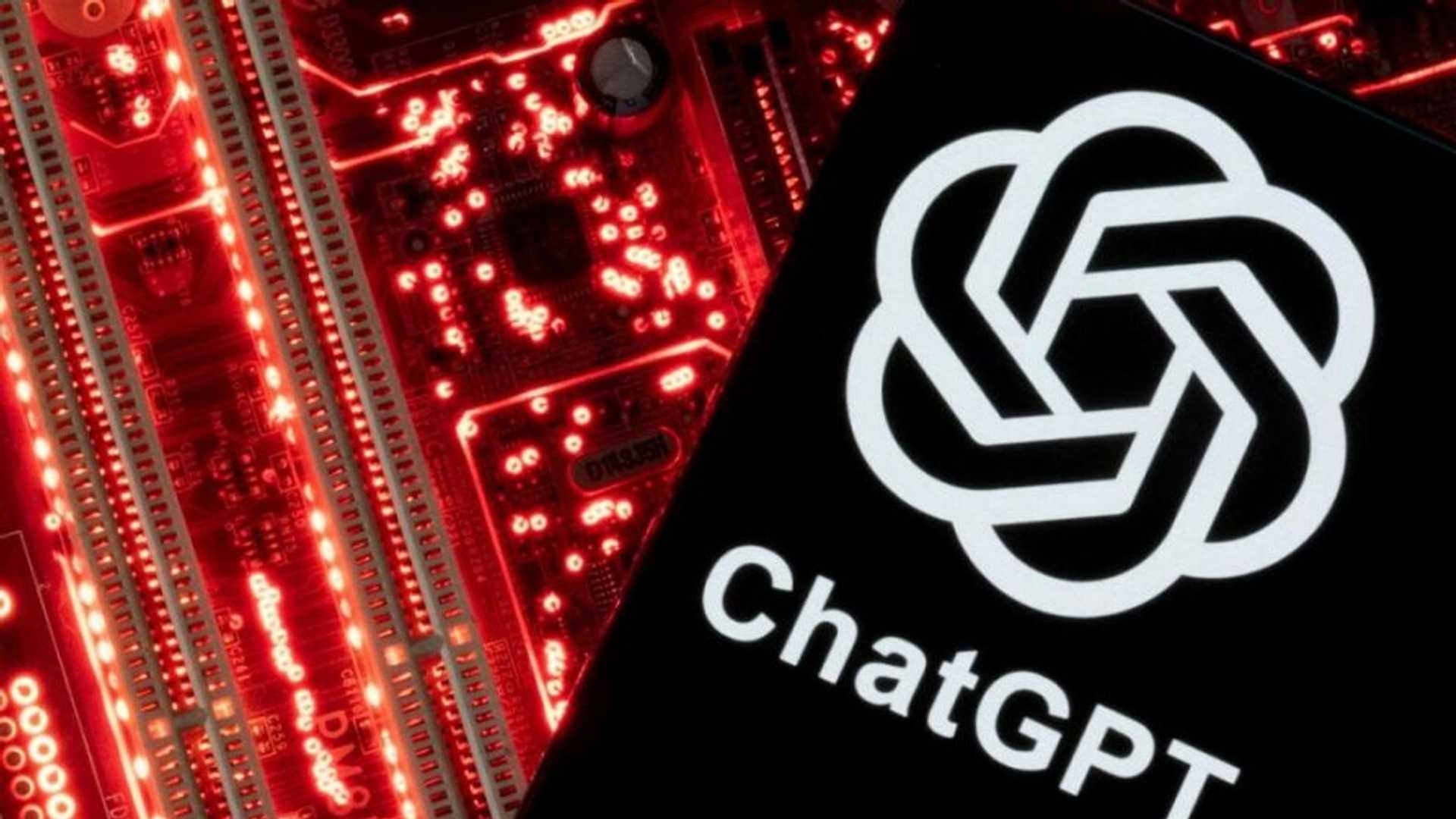ChatGPT Can Be Tricked into Generating Malware, Bomb-Making...
With the rapid spread of generative artificial intelligence tools like ChatGPT, there has been a growing concern over the risks associated with their use. While the technology has the potential to revolutionize society, it also poses a number of problems that must be addressed. Criminals are taking advantage of "ChatGPT loopholes" and "ways to evade censorship," which are commonly discussed in online forums where they share information.
Although the service's terms of use prohibit the use of ChatGPT for criminal purposes, ways to trick the system can be found online. By exploiting prompts that get ChatGPT to reveal information it has been designed to restrict, it is possible to generate computer viruses, write text for phishing emails to steal personal information and reveal how to make explosives. Using certain prompts, Takashi Yoshikawa, a senior malware analyst at the Tokyo-based security firm Mitsui Bussan Secure Directions, was able to get ChatGPT to generate the source code of ransomware, a type of malicious software designed to block access to a computer system until a sum of money is paid. When the code was run on a computer, the software encrypted the data on the device, rendering it unusable.
ChatGPT responds to questions and instructions using natural language. Developed by U.S. startup OpenAI, the service was released to the public in November and hit more than 100 million users within two months. However, the technology is still developing, and thus there is a risk of it being used by malicious actors. In March, the European Union Agency for Law Enforcement Cooperation released a report warning that ChatGPT could be used for terrorism and other criminal activities. It stated that "It will become easier than ever for malicious actors to perpetrate criminal activities with no necessary prior knowledge."
The report also raised concerns about potential leaks of corporate secrets and the possible violation of copyrights of original data used for AI learning. Generative AI may also impact Japanese culture and entertainment. AI image generators are expected to be used more often in the production of manga and anime, leading to concerns that the copyrights of the original data used for AI learning could be violated. When it comes to expression that uses short phrases, such as haiku, tanka, and other poems, the quality of work might get lost amid the huge volume created by AI.
To address these issues, some companies have restricted access to ChatGPT to prevent the leakage of confidential information. Honda Motor Co. and Hitachi Ltd. cautioned employees about the issue, while SoftBank Corp. and other companies positive about utilizing ChatGPT for business operations are creating rules related to its use. In conclusion, while the technology has great potential, measures must be taken to prevent its misuse.




















